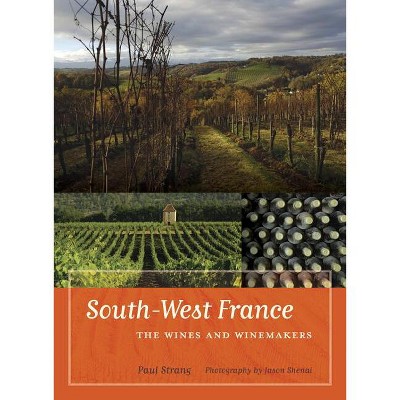Sponsored

Hustlers in the Ivory Tower: Press and Modernism from Mallarmé to Proust - (Studies in Modern and Contemporary France) by Max McGuinness (Hardcover)
In Stock
Sponsored
About this item
Highlights
- Ebook available to libraries exclusively as part of the JSTOR Path to Open initiative.In French literature, newspapers have typically had bad press.
- About the Author: Max McGuinness is a Teaching Fellow in French at Trinity College Dublin and a theatre critic for The Financial Times.
- 344 Pages
- Language + Art + Disciplines, Journalism
- Series Name: Studies in Modern and Contemporary France
Description
About the Book
Hustlers in the Ivory Tower explores how French modernist writers, including Mallarmé, Apollinaire, and Proust, used newspapers and magazines as a forum for literary experimentation. The book shows how these interactions with the press yielded nuanced, self-conscious portrayals of the tensions between journalism and literature in modernist poetry and prose fiction.Book Synopsis
Ebook available to libraries exclusively as part of the JSTOR Path to Open initiative.
In French literature, newspapers have typically had bad press. Throughout the nineteenth century, French poets and novelists depicted the rapid growth of the press as a corrupting behemoth that was swallowing up art and culture. And yet, towards the end of the century, some writers began to take a more ambivalent approach, pivoting between antipathy and enthusiasm for what had become a massified and ubiquitous cultural phenomenon. 'No-one truly escapes from journalism, ' as Stéphane Mallarmé put it. Rather than cut themselves off from 'universal reportage', he and other leading modernists, including Guillaume Apollinaire and Marcel Proust, came to view newspapers as an essential forum for literary experimentation.
Hustlers in the Ivory Tower explores how the French modernists used newspapers and large-circulation magazines as a 'literary laboratory' by publishing poetry and imaginative prose in their pages. Drawing on extensive documentary research, this book looks behind the scenes at wrangling and wheeling-dealing between authors, editors, and publishers that drove the rise of modernist literature in France.
These interactions with the press yielded nuanced, self-conscious portrayals of the tensions between journalism and literature in works of modernist poetry and prose that confront their own journalistic hinterland in unprecedented depth. At once a model and a foil, the newspaper emerges in Hustlers in the Ivory Tower as the locus of French literature's broader struggle to come to terms with modernity.
Review Quotes
[Si Mallarmé, Apollinaire et Proust] sont des "hustlers" dans leur tour d'ivoire, c'est qu'ils partagent la même haute idée de la littérature tout en utilisant les outils de la modernité et notamment la presse pour expérimenter, exposer leurs idées et se faire connaître. C'est ce que montre brillamment cet ouvrage qui est une version remaniée d'une thèse de doctorat.
Brilliantly shows [...] how Mallarmé, Apollinaire, and Proust shared the same lofty idea of literature while using the tools of modernity, particularly the press, to experiment, to present their ideas, and to make a name for themselves
--Pascal Ifri "Nineteenth Century French Studies"Cet ouvrage, remarquablement documenté et agrémenté d'une quinzaine d'illustrations, offre [...] un tour complet des rapports complexes qu'ont entretenus la presse et la littérature à l'époque où celle-ci entrait dans l'ère moderne.
This work, remarkably well researched and enlivened with around fifteen illustrations, offers a complete overview of the complex relations between press and literature at the point when the latter was entering the modern era.
--Pascal Ifri "Nineteenth Century French Studies"'In this ambitious and accomplished survey, Max McGuinness addresses the tensions embodied within the emerging "civilization du journal", in which writers who increasingly depended on newspapers nonetheless railed against their corrupting influence on their pages ... It is an incisive work of criticism, exploring a state of affairs that feels particularly relevant in our post-digital world.' Lisa Hilton, Times Literary Supplement
'Max McGuinness, in artful and winning prose, explores how this change came about, focusing on Stephané Mallarmé, Guillaume Apollinaire, and Marcel Proust as his primary hustlers looking for a bigger audience. The author illuminates this relation amour-haine with panache.' Jim Kelly, Airmail
'This book intervenes in a lively ongoing conversation about the links between literature and mass culture and makes an important contribution by taking up French modernism's complex relationship to the newspaper.'
Catherine Talley
About the Author
Max McGuinness is a Teaching Fellow in French at Trinity College Dublin and a theatre critic for The Financial Times.Shipping details
Return details
Frequently bought together
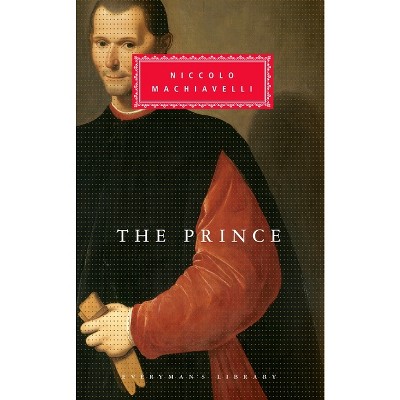
Trending Non-Fiction







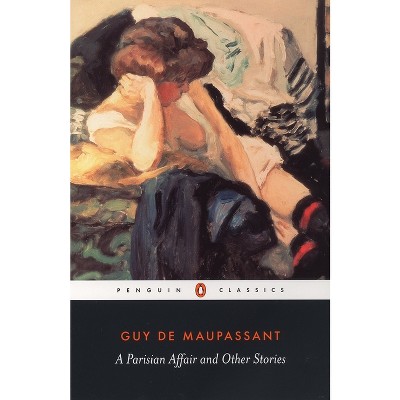
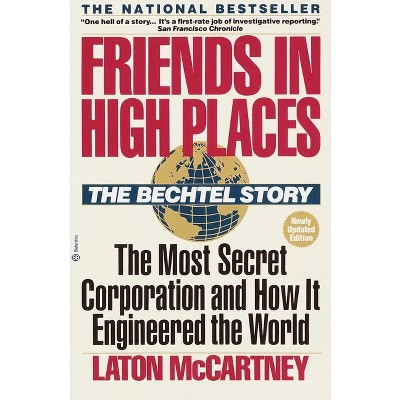
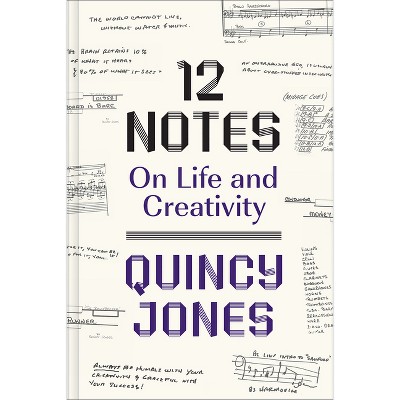

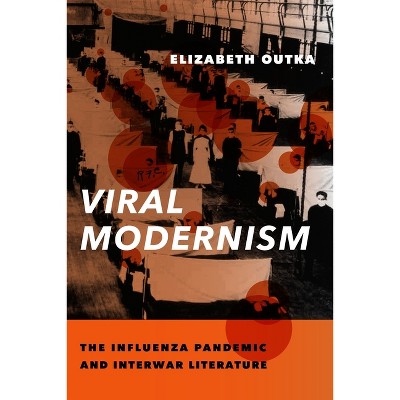

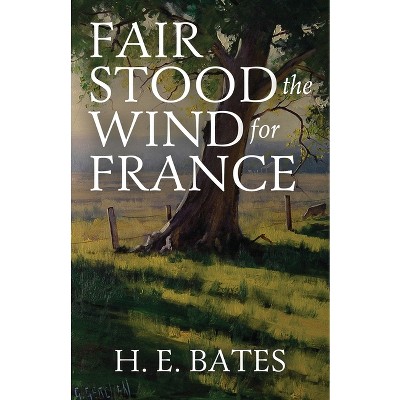
![In Search of Lost Time [volumes 1 to 7] - by Marcel Proust (Hardcover)](https://target.scene7.com/is/image/Target/GUEST_7cba9a14-b339-46b3-8612-b7d301303ca0)
![In Search of Lost Time [volumes 1 to 7] - by Marcel Proust (Hardcover)](https://target.scene7.com/is/image/Target/GUEST_78602f6a-f83e-4b42-93ba-1226a7680a0b)
